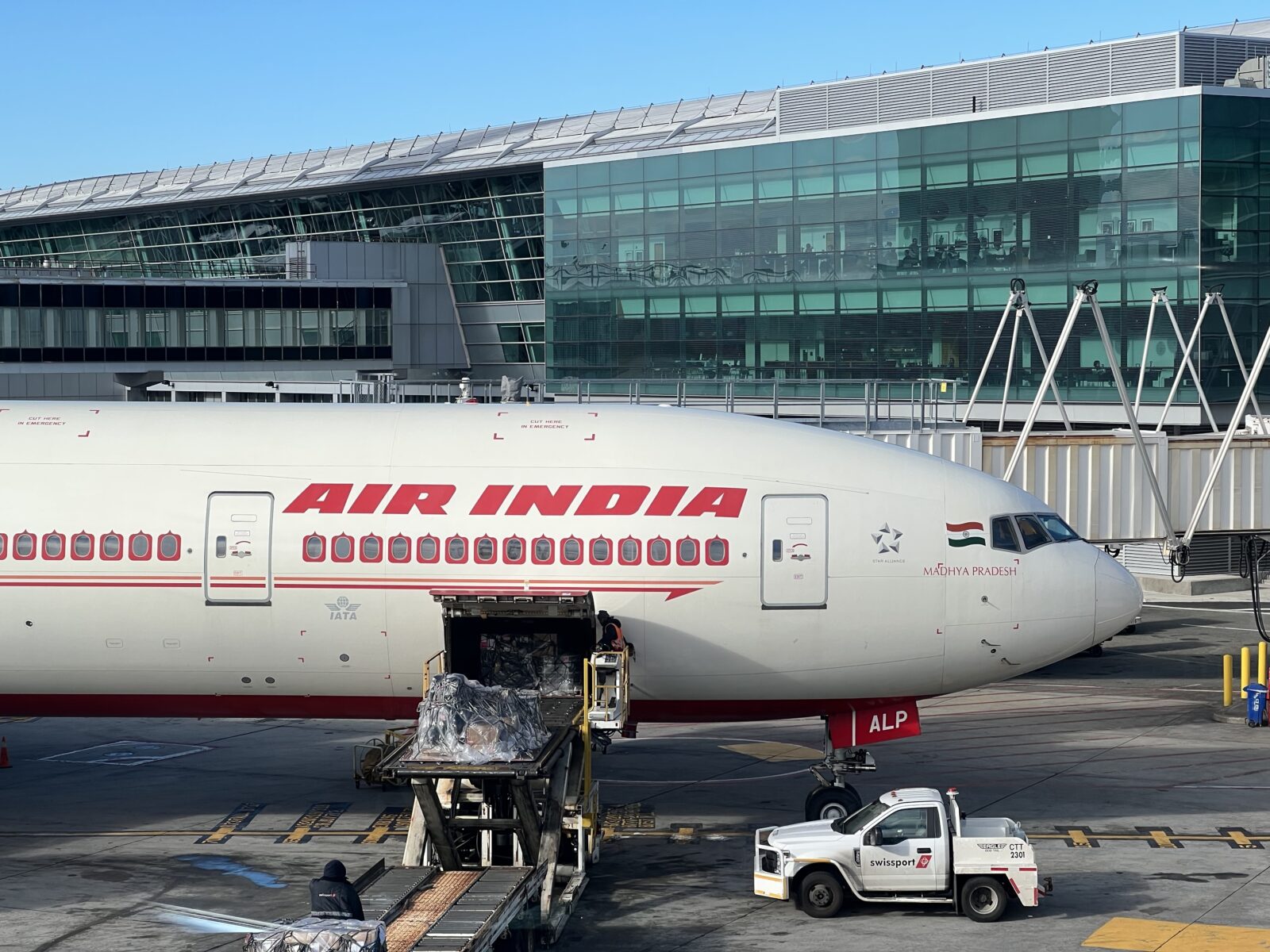
An Air India flight from Delhi to Chicago was forced to divert to a remote airport in the Canadian territory of Nunavut on Tuesday after an online bomb threat was posted against the airliner.
No matter how implausible the threat is, it is Air India’s policy to take every bomb threat against it as genuine, and that means making emergency diversions so that the plane can be swept for evidence of a bomb.
Air India flight AI127 departed Delhi at around 3:20 am on Tuesday morning, but around 11 hours into the 14-hour flight to Chicago, the Boeing 777-300 with up to 342 passengers onboard diverted to Iqaluit on the vast ice-capped Baffin Island.
In a statement, the airline said that the flight “was the subject of a security threat posted online and, as a precautionary measure, has landed at Iqaluit Airport in Canada.”
“The aircraft and passengers are being rescreened as per the laid down security protocol. Air India has activated agencies at the airport to assist the passengers until such time that their journey can resume.”
The incident comes just a day after another Air India was forced to make an emergency diversion due to a bomb threat. Flight AI119 from Mumbai to New York JFK ended up landing in Delhi, where it remained on the ground for nearly two hours before being allowed to continue on to New York.
“Air India notes that it, and other local airlines, have been subject to a number of threats in recent days,” the statement continued. “Though all have subsequently ben found to be hoaxes, as a responsible airline operator all threats are taken seriously. The inconvenience to customers is sincerely regretted.”
Another hoax threat involved an Akasa Air Boeing 737MAX from Delhi to Mumbai on June 3 that diverted to Ahmedabad where local officials laid out baggage across the runway so that sniffer dogs could check for any evidence of a bomb.
A few days prior to that incident, on May 28, passengers on an IndiGo Airlines flight were evacuated onto the tarmac via emergency slides after the carrier received a bomb threat. The incident proved to be a hoax.
Different countries and airlines have varying policies over how they deal with bomb hoaxes but, suffice to say, not every airliner that is the subject of a random threat made online is diverted ‘just in case’.
In many cases, local intelligence officials will work with an airline’s security department to determine whether the threat against a specific flight is credible and, if so, what kind of action might need to be taken.
More often than not, however, bomb threats are deemed low risk and flights continue onto their intended destination without the crew even being alerted to what has happened.
Related
Mateusz Maszczynski honed his skills as an international flight attendant at the most prominent airline in the Middle East and has been flying ever since... most recently for a well known European airline. Matt is passionate about the aviation industry and has become an expert in passenger experience and human-centric stories. Always keeping an ear close to the ground, Matt's industry insights, analysis and news coverage is frequently relied upon by some of the biggest names in journalism.







